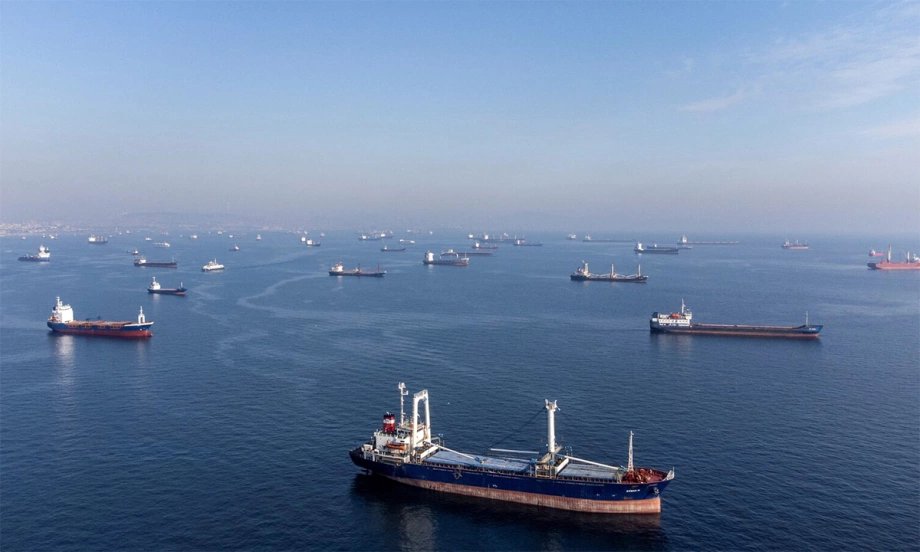In a significant diplomatic development, Russia and Ukraine have agreed to “eliminate the use of force” in the Black Sea, aiming to ensure safe navigation and prevent the militarization of commercial vessels. This agreement follows separate negotiations mediated by the United States in Riyadh, Saudi Arabia, marking a potential turning point in the ongoing conflict that has persisted for over three years.
**Background of the Conflict**
The conflict between Russia and Ukraine escalated in 2022 when Russia initiated a full-scale invasion of Ukraine. The Black Sea, a strategic maritime region, became a focal point of military confrontations, affecting international shipping routes and global grain supplies. Both nations have significant coastlines along the Black Sea, making control over this area a critical aspect of their military strategies.
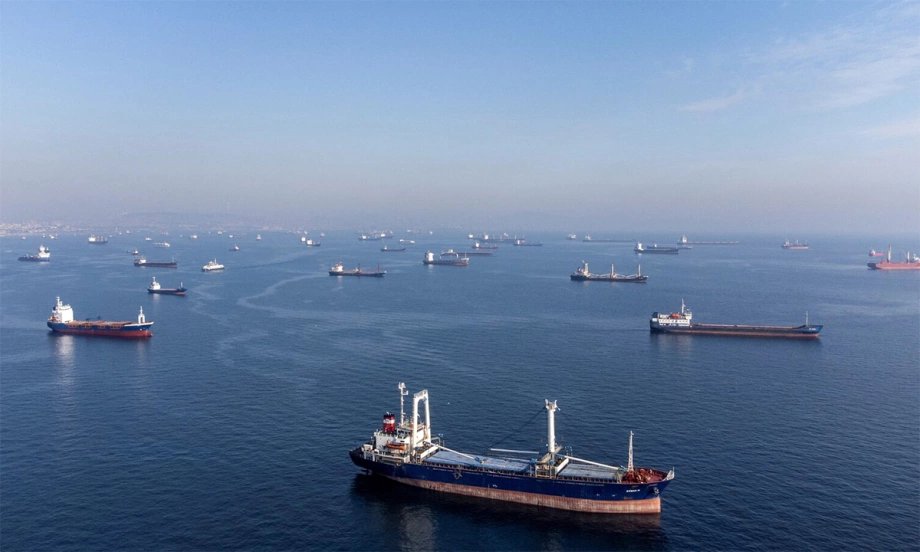
**Details of the Agreement**
The recent agreement encompasses several key provisions:
1. **Cessation of Military Activities**: Both parties have committed to halting military strikes in the Black Sea, aiming to ensure the safety of navigation and prevent the use of commercial vessels for military purposes.
2. **Protection of Energy Infrastructure**: The agreement includes a 30-day ban on attacks against each other’s energy facilities, with the possibility of extension based on compliance.
3. **Conditional Implementation**: Russia has stipulated that the ceasefire will commence only upon the lifting of specific Western sanctions on its agricultural exports.
**Mediation Efforts by the United States**
The United States played a pivotal role in facilitating this agreement. U.S. negotiators engaged in separate discussions with Russian and Ukrainian delegations over three days in Riyadh. The U.S. has expressed its commitment to restoring Russia’s access to global markets for agricultural and fertilizer exports, aiming to lower maritime insurance costs and enhance port access.
**Reactions from Ukraine and Russia**
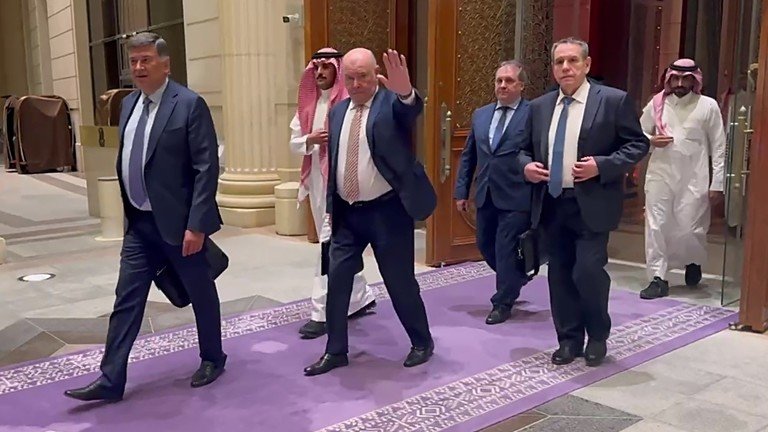
Ukrainian President Volodymyr Zelensky acknowledged the agreement as a positive step but expressed reservations about its implementation, particularly concerning the potential easing of sanctions on Russia. He emphasized the need for additional technical consultations to ensure effective monitoring and control of the arrangements.
The Kremlin, while agreeing to the ceasefire, has made it clear that its implementation is contingent upon the lifting of sanctions affecting its agricultural sector. Russian officials have underscored the importance of reconnecting the Russian Agricultural Bank to the SWIFT international payment system as part of the agreement.
**International Implications**
The agreement has garnered mixed reactions from the international community. Critics argue that the concessions made, particularly by the U.S., may embolden Russian President Vladimir Putin, allowing him to pursue further territorial gains without significant repercussions. Concerns have been raised that the deal prioritizes short-term peace over long-term stability and justice for Ukraine.
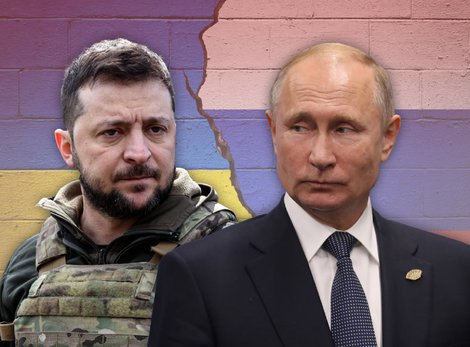
Conversely, proponents of the agreement view it as a crucial step toward de-escalating tensions in the Black Sea region, potentially paving the way for broader peace negotiations. The resumption of grain exports from both nations is also seen as vital for global food security.
**Challenges and Prospects**
Despite the agreement, significant challenges remain. The conditional nature of the ceasefire, tied to the lifting of sanctions, complicates its immediate implementation. Additionally, ongoing military activities on land and differing interpretations of the agreement’s terms may hinder progress toward a lasting peace.
The role of third-party monitors, potentially from countries like Turkey or Saudi Arabia, is being considered to oversee compliance with the ceasefire. However, the specifics of such monitoring mechanisms are yet to be determined.
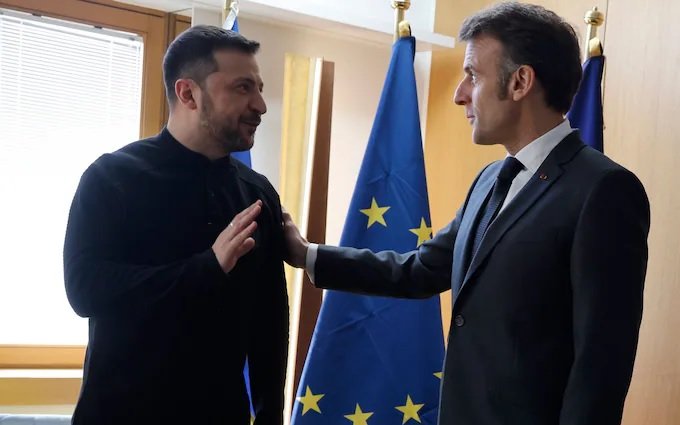
**Conclusion**
The agreement between Russia and Ukraine to halt Black Sea raids represents a tentative yet significant step toward reducing hostilities in the region. While challenges persist, particularly regarding the conditions set by Russia and concerns from Ukraine, the involvement of international mediators and the focus on diplomatic solutions offer a glimmer of hope for a more comprehensive peace process in the future.
